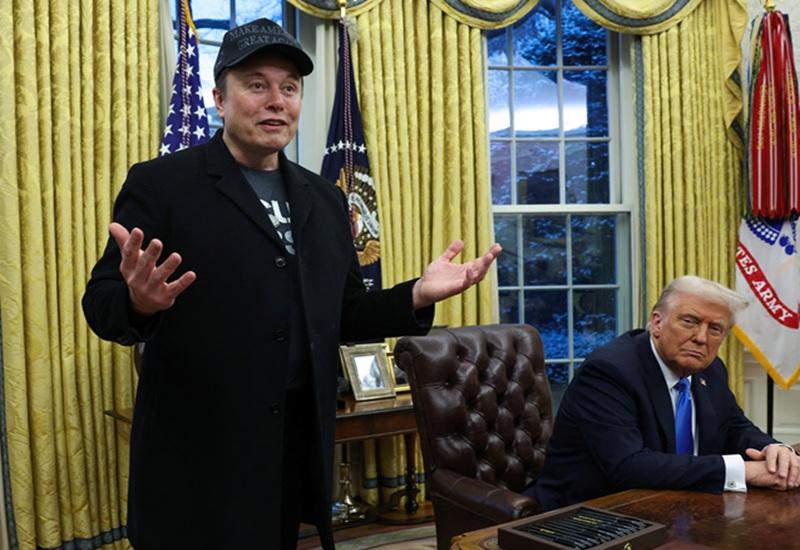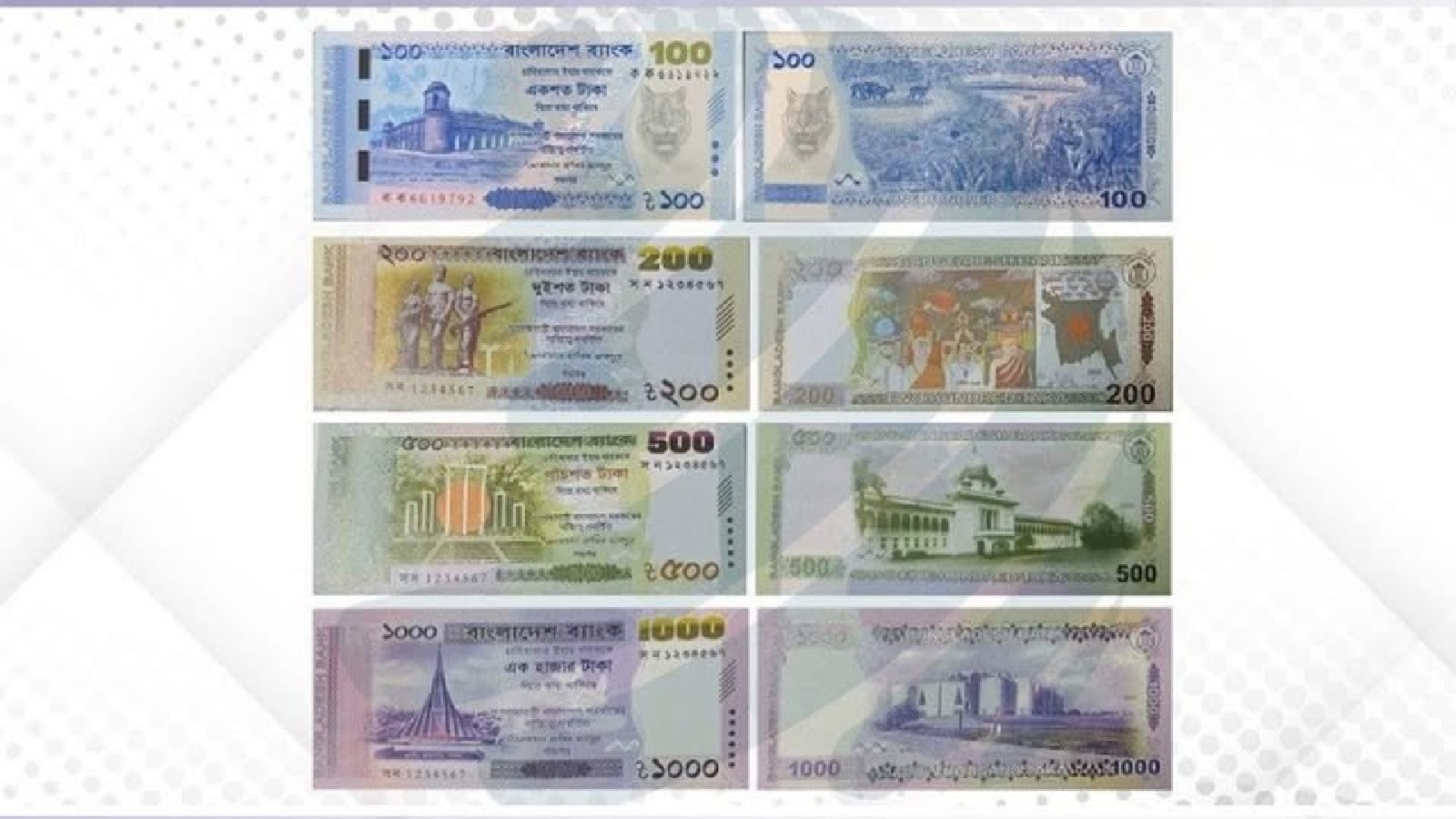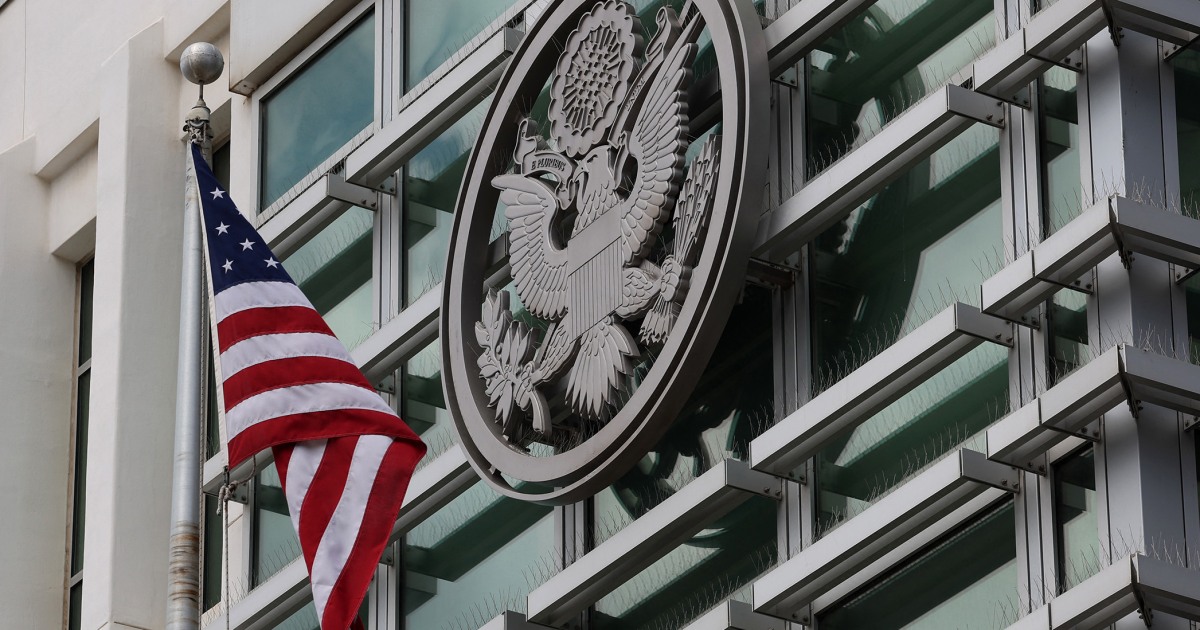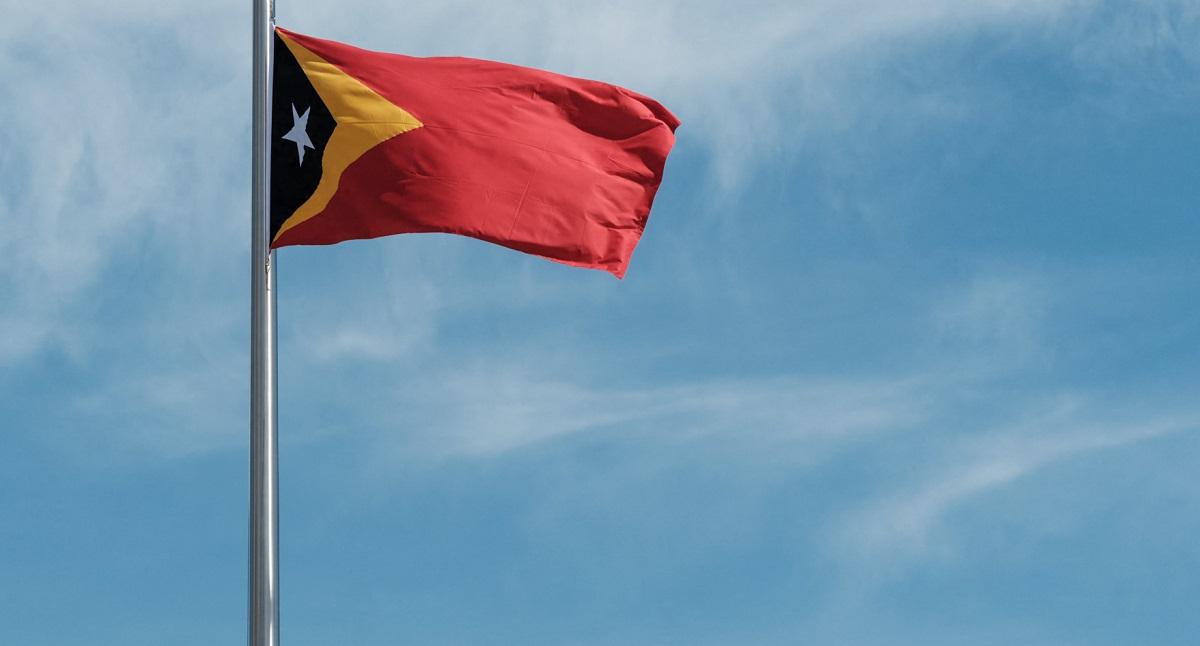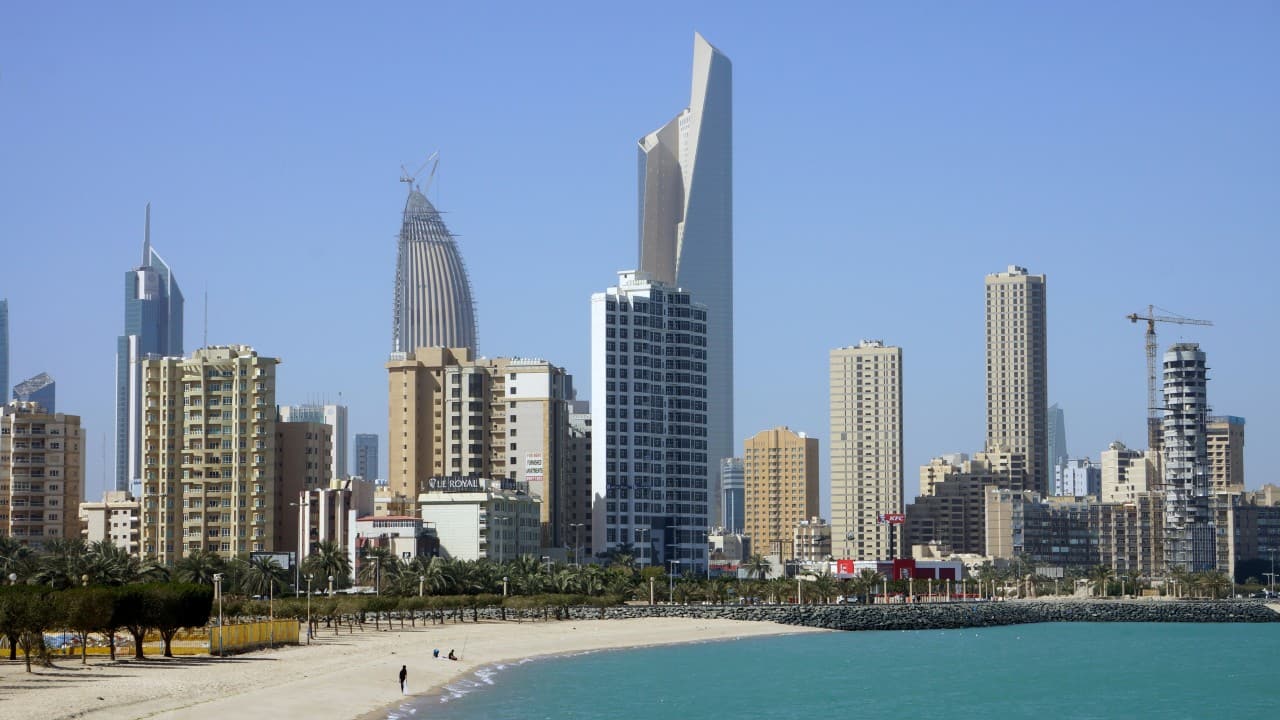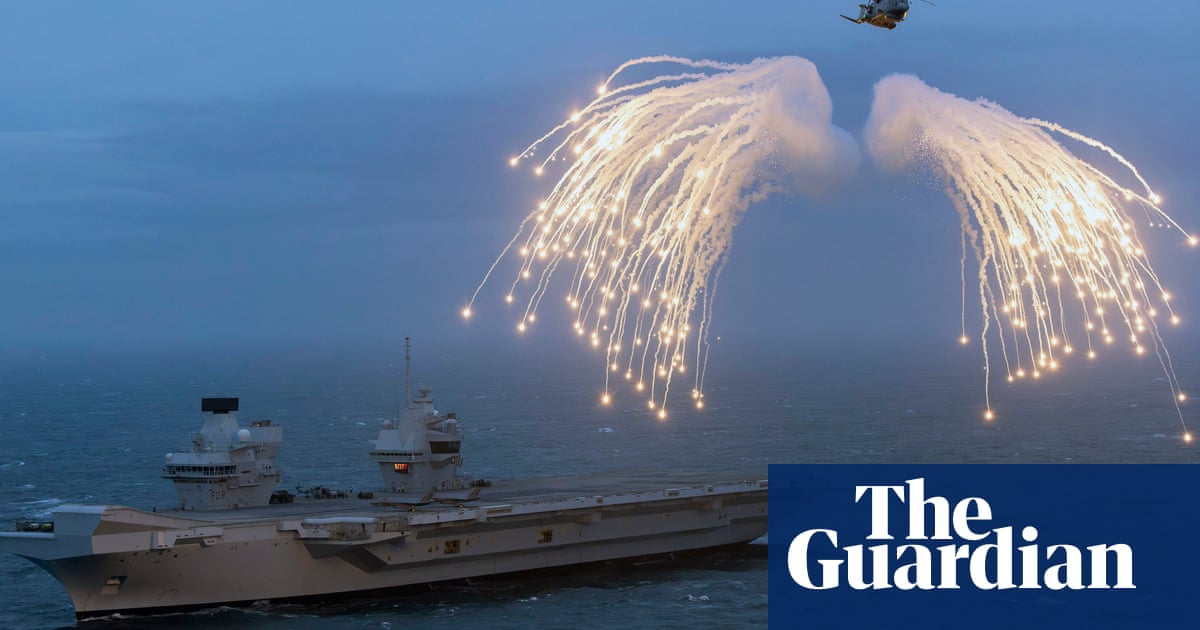Donald Trump Accepts Luxury Jet from Qatar Amid Ethical Concerns
In a significant development within the realm of international relations and military logistics, former President Donald Trump has accepted a luxurious Boeing 747-8 aircraft from the ruling family of Qatar. This extravagant jet, often referred to as a 'flying palace' due to its opulent features and advanced technology, was officially received by Secretary of Defense Pete Hegseth after Trump’s recent visit to the Gulf state.
Despite the lavish nature of the gift, Trump has downplayed the ethical implications surrounding such a transaction, asserting that it would be 'stupid' not to accept the aircraft. This statement comes amid mounting scrutiny and criticism from various sectors of the political landscape, particularly from Democratic leaders who have voiced strong opposition.
Initially, Qatari officials denied that the aircraft was being gifted outright, describing it instead as a 'possible transfer of an aircraft for temporary use as Air Force One.' This ambiguity has led to further debate about the legality and appropriateness of the arrangement. Pentagon spokesperson Sean Parnell emphasized the Department of Defense's commitment to ensuring that any modifications made to the aircraft will adhere to strict security measures and mission requirements.
Democratic lawmakers have raised alarms regarding the estimated cost of retrofitting the jet to meet the stringent specifications of Air Force One, with projections exceeding $1 billion. Additionally, they have attempted to block the transfer of the aircraft, citing concerns about the implications of accepting what they characterize as a significant foreign bribe. Senate Democratic Leader Chuck Schumer condemned the action, stating, 'Today marks a dark day in history: the president of the United States of America officially accepted the largest bribe from a foreign government in American history.' Schumer described this unprecedented situation as a 'stain on the office of the presidency' that demands accountability.
The debate over the aircraft's acceptance has also highlighted broader issues concerning the laws governing gifts from foreign governments, which are designed to prevent corruption and undue influence on U.S. officials. Legal experts have questioned whether Trump's actions adhere to these laws, raising the specter of potential legal challenges that may arise from this controversial acceptance.
Furthermore, experts in aviation and national security have expressed concerns about the extensive upgrades required to ensure the safety and functionality of the 13-year-old aircraft. These upgrades would not only enhance security against espionage but also improve defenses against potential missile threats. The retrofitting process is expected to be costly and time-consuming, and there are indications that the aircraft might require fighter jet escorts during its operations. Additionally, without significant upgrades, its operational range may be limited to U.S. airspace.
Democratic Senator Tammy Duckworth has pointed out that the United States currently possesses two fully operational Air Force One jets, suggesting that the country does not require the retrofitting of the Qatari plane. As of now, the Pentagon has yet to disclose the estimated costs and timelines associated with the proposed upgrades, which are expected to be substantial given that the current project to construct two new Air Force One planes exceeds $5 billion in budget.
The existing Air Force One jets, which have been in service since 1990, have faced significant delays in the program to replace them, with the delivery of the new aircraft anticipated for 2027—three years later than previously scheduled. Trump had an opportunity to tour the Qatari Boeing plane in February during an airport visit in Florida, a moment that now carries with it a heavy political and ethical weight.




